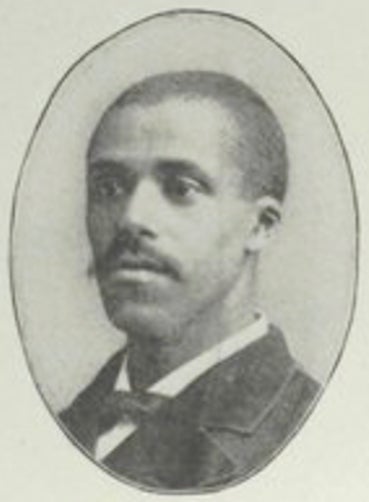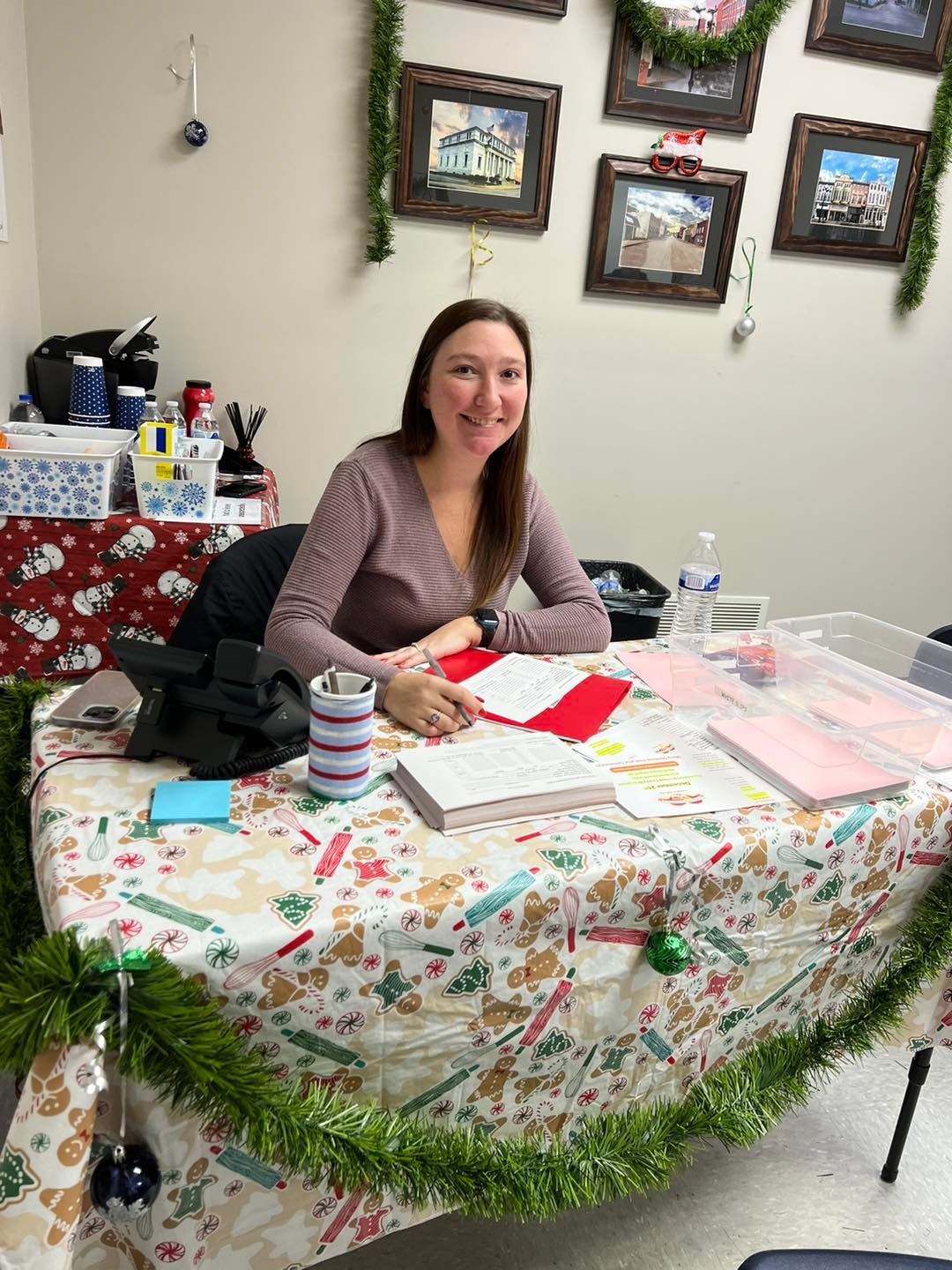Banks details Clark County’s African American history
Published 9:07 am Friday, February 16, 2018
This is the ninth in a series of 20 articles that appeared in The Winchester Sun in December 1919 and January 1920.
The author, William Webb Banks (1862-1928), was the long-time editor of the Colored Column in the Winchester News and later in The Winchester Sun.
He was a graduate of the State Colored Baptist University in Louisville (later known as Simmons College).
He returned to Winchester where he taught school, wrote for the paper and was active in the Baptist church.
Jan. 1, 1920
The late Jack Taul was an authorized Pension Attorney. He was also the first colored Notary in Clark county, and Thomas M. Berry the second.
In the early seventies Poynterville had a gang of boys who called themselves the “Moonlight Clippers,” and they did not allow the town boys to cross the C&O railroad after dark.
Dick Rupard, William Sanders and Shelby Curtis (Custard) were the first to erect houses in what was called Brunerville, which is west of the old Paris road (now Elm Street).
The late Patrick Banks was a prominent and influential church layman, having served as a deacon for nearly fifty years. He and his wife, Katherine Banks, gave $500 toward the erection of the Broadway Baptist Church. Allen Chapel CME Church was named in honor of the late John Allen, one of the most devout local Methodist laymen who ever lived in Winchester. Rev. Henry W. White and Dr. Daniel Jones were the ablest pastors ever assigned to Clark Chapel, both of whom have long since passed to their reward.
James Austin was the last to run an old fashioned dray in Winchester.Confederate army from whence he obtained his name, “Rebel John.”
Winchester has had two colored brass bands.
Gordon Hood is the name of the pioneer colored barber. “Gip” Capps, Harvey Combs, John Armstrong, Dick Keith and William Jackson are among the pioneer colored shoemakers.
Thomas M. Berry assisted in taking the National Census of Clark county in 1910.
“Uncle” Billie Webb was the pioneer white-washer and left all of his children homes on N. Highland street.






